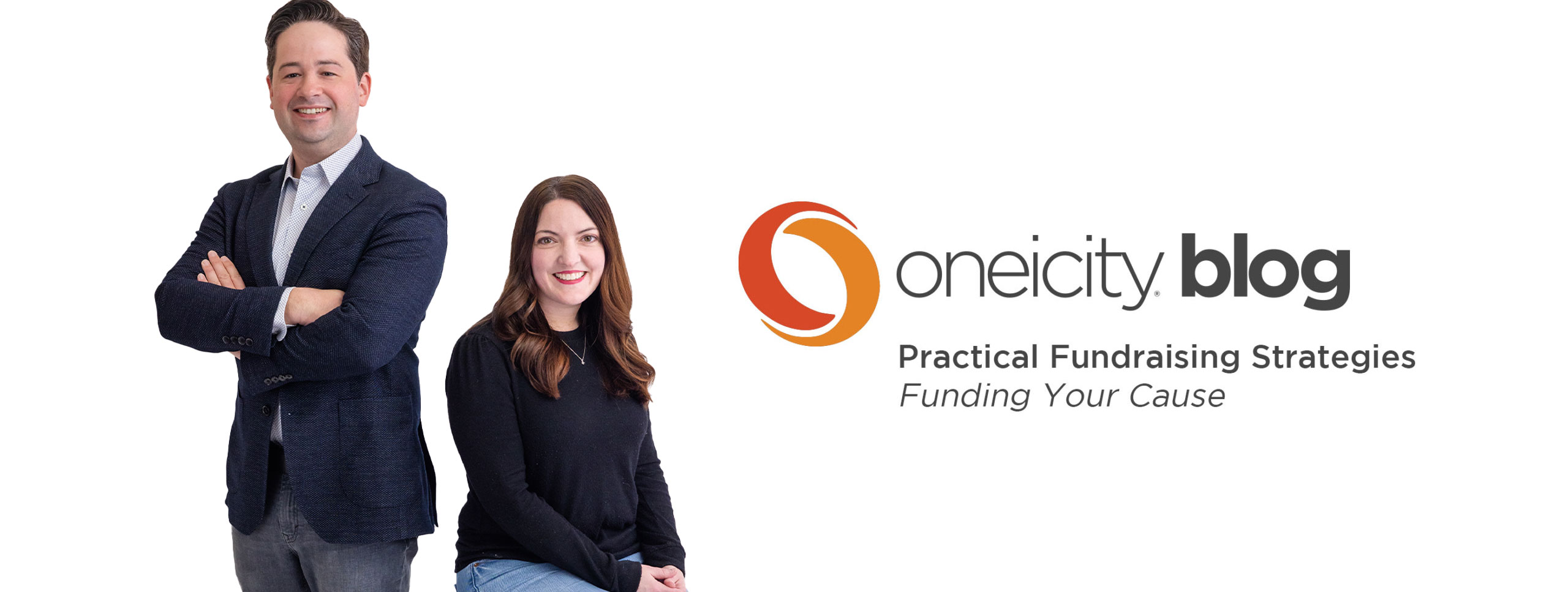Donor-focused fundraising seems simple. In your fundraising, you focus on the donor’s desire to change a situation or solve a problem. You don’t spotlight what your organization wants to do. Donor-focused fundraising is focusing on the donor, duh.
That makes perfect sense.
Not only is it honoring and respectful of the donor, it produces results. Donors will respond.
But.
As easy as it sounds, many fundraisers make an expensive and logical mistake.
Here’s one way it happens. The inexperienced donor-focused fundraiser will fixate on pronouns. They start counting the number of 2nd person pronouns (“you”) in fundraising copy and then compare that to the number of 1st person pronouns (“I” and “we”). Tada, they can measure if a message is donor-focused.
Sure. Sort of. That does give you a rather superficial indication of how donor-focused you are. I’ve done that. At the simplest level that works.
But if you are only focusing on pronouns you risk making a mistake that will negatively impact your results.
The mistake is thinking that donor-focused fundraising means you never talk about the organization. You think the leader can never communicate about themselves. This is a logical and expensive mistake.
You’ve probably heard a variation on the phrase: make the donor the hero. That works. But. The organization and the leaders of the organization are key, as well.
Donor-focused fundraising must not exclude communicating about the organization or the leader.
In sustainable, healthy donor-focused fundraising, you still must communicate about the organization. The leader of the organization must still talk about themselves. You must do that.
The trick is to know how and why to talk about yourself.
There are multiple reasons why you must talk about yourself—both the organization and the leader. I know this gets cumbersome, but I want to make sure you understand that you need to communicate about the organization and the leader—the person communicating on behalf of the organization.
One of the major reasons to talk about yourself in donor-focused fundraising is credibility.
Think about it. As much as the donor wants to solve the problem your cause works on, they don’t know what you know. They don’t have experience working in the field you work in. They haven’t had your training and education. They haven’t made the same decisions and examined the same results over time.
Donors depend on you and your organization’s expertise. They must trust you to know what you’re doing. You cannot and must not assume that. You must prove you are the subject-matter expert. This is part of Oneicity’s leader-lensing and other messaging strategies we use. It’s too complicated to unpack in this article, but you’ll get enough here to find your way. And of course, I’ll keep writing about it if you keep asking me.
If you never talk about your organization or if your leader never talks about themselves, you and the donor will miss out. You will miss out on donor dollars, and the donor will miss out on the opportunity to give.
Without intentionally demonstrating your expertise, anyone who makes the donor feel like a hero can replace you. The very best donor-focused fundraising will orient the donor to your expertise as well as making certain the donor knows they are vital.
How do you demonstrate and validate your and your organization’s expertise?
First, here’s what you shouldn’t do.
Don’t assume donors are impressed with the statistics.
Don’t point to your budget.
Don’t tout your degrees or training.
Don’t tell donors that you know what you’re doing (seriously, I’ve seen that).
Don’t brag about awards, honors or recognition.
Here are a few ways to demonstrate your credibility while remaining donor-focused.
Tell why you do what you do. Give donors the background. Give them the rationale. Give them the stories. Give them your heart. Give them the gut-level view of your work.
Tell why the work you do (both as an organization and a leader) is challenging. What makes it difficult? What holds you back? What are the struggles? When have you wanted to quit because you were discouraged (and why didn’t you)?
Tell whose lives you are changing. What is the “before” compared to the “after”?
Tell what you’ve learned from your experiences doing this work. What broke your heart? What drives you to get out of bed?
Don’t get nervous about this. This isn’t a change to donor-focused fundraising. This is just another part of fundraising that isn’t simple or obvious. There’s no formula. You still must focus on the donor. But the donor needs to know you know what you’re doing.
The best donor-focused fundraising focuses on the donor and demonstrates your expertise.
Think about it. You can do it. I’d love to know how you demonstrate your expertise. You can always reach me at sthomas AT Oneicity DOT com
If you’re not getting our email newsletter with information about this blog, you’re missing out on some of the good stuff. If you wonder what the newsletter is about, you can find the archive here. You can sign up here. Have no fear, I’ll never sell you out or spam you.

